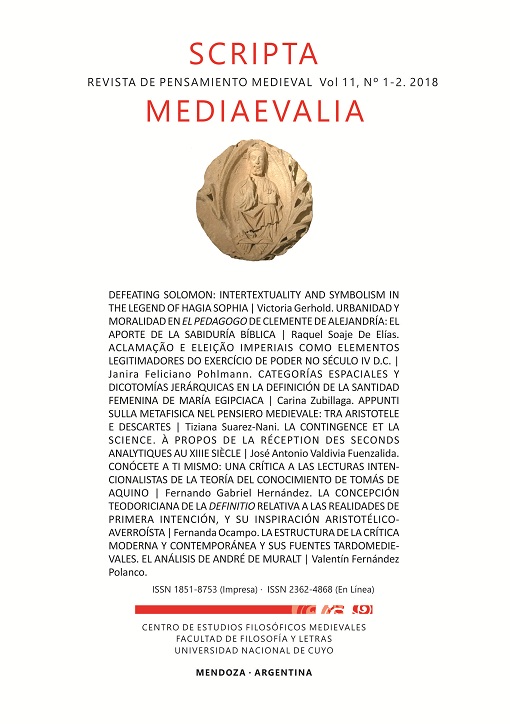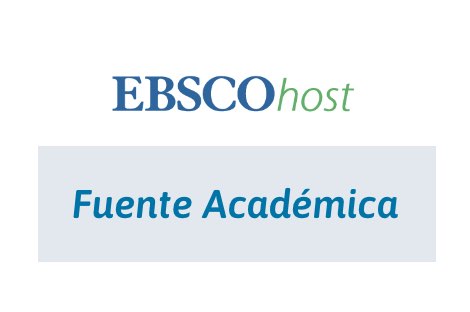Know thyself: A criticism to the intentionalist readings of Thomas Aquinas’s theory of knowledge
Keywords:
self-knowledge, intentionality, Aquinas, intentional being, natural beingAbstract
The distinction that Aquinas establishes between the esse intentionale and the esse naturale is seen by different commentators as the difference between the mental existence and the extra-mental existence of a being, respectively. Esse intentionale is often translated as "mental existence," even saying that intentio means "to have an idea". According to intentionalist readings, the intentional existence it is that distinguishes the cognitive beings from the non-cognitive beings, that is, having an intentio would be a necessary and sufficient condition for an entity to be cognitive. The objective of this paper is to discuss this thesis and to show that there is a type of knowledge that does not imply the presence of forms that have an intentional existence, as in the case of the knowledge that cognitive beings have of themselves.
Published
How to Cite
Issue
Section
License
Copyright (c) 2019 Scripta Mediaevalia

This work is licensed under a Creative Commons Attribution-NonCommercial-ShareAlike 3.0 Unported License.



















